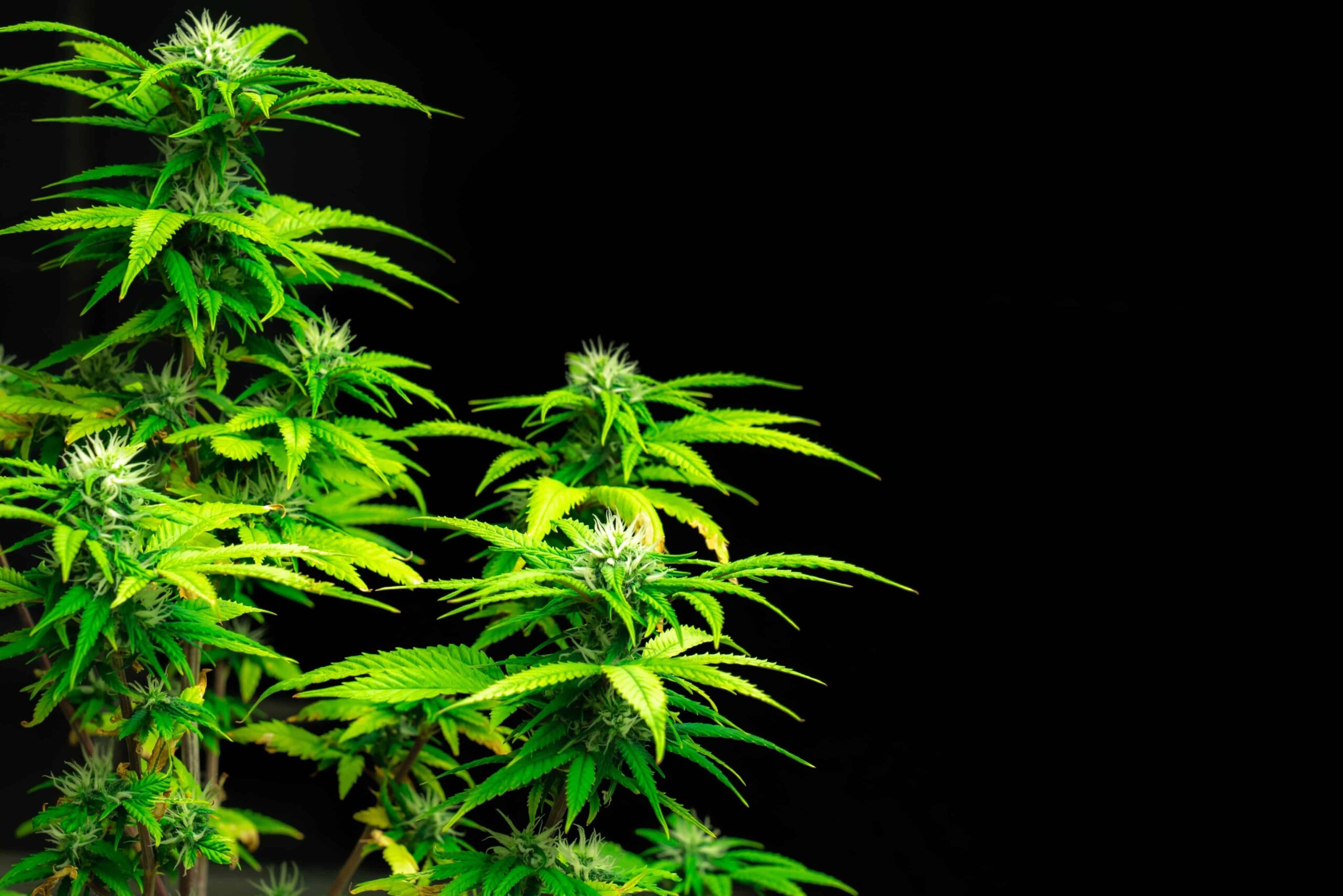
Cannabis sales in Vermont hit a record high in February
Heady Vermont reports that revenue for the month was $6,477,957, which also represented a “slight increase in revenue growth rate of approximately 6.9% from January through February.”
The outlet has more details on February’s numbers:
“The state’s mandatory cannabis excise tax of 14%, which must be levied on all retail purchases of adult cannabis, raised $906,914 in February. An additional 6% state sales tax, which must also be levied on cannabis products, brought in an additional $388,677. To date, cannabis retailers in Vermont have sold $24,404,171 worth of cannabis products and collected $3,416,584 in excise taxes since the state’s adult-use market modestly launched last fall, with just three pharmacies licensed in Vermont and opened on October 1st. As of October, that number has grown to nearly 50 retail outlets, with 52 Vermont dispensaries currently approved for licensing since last week’s monthly meeting.
Vermont’s adult cannabis market was launched in October last year after the state legislature passed legislation in 2020 setting regulations for the legal sale of cannabis.
The state had essentially legalized recreational cannabis in 2018 when lawmakers ended bans on personal possession and cultivation, but that move failed to create the framework for a market.
The state’s Republican Governor Phil Scott signed both bills into law.
“This new bill requires cities and counties to approve these businesses before retail facilities can open. It ensures that local zoning applies to the cultivation and production of cannabis. It devotes 30% of the excise tax, up to $10 million per year, to awareness and prevention efforts. And the sales and use tax on cannabis would fund a grant program to expand after-school and summer learning programs,” Scott said after the 2020 law was signed into law To move towards a universal after-school network, based on a successful model from Iceland, focused on preventing drug use and improving academic and social outcomes.”
In his statement at the time, Scott also urged lawmakers to keep improving the law.
“Your work is not done yet,” he added. “Legislators must strengthen education and prevention — including banning marketing that appeals to our children in any way — otherwise they will not knowingly learn the lessons of the tobacco and alcohol-induced public health epidemic.”
“This has been a top priority for the majority of legislatures for four years, but their work is ongoing. They must bring justice to these new policies and prevent their priority from becoming a public health issue for present and future generations. For these reasons, I am allowing this bill to go into effect without my signature,” Scott continued.
After the first legal stores opened in the fall, the state said the stores sold $2.6 million worth of cannabis products in October.
Vermont lawmakers have continued to push for reform of the state’s drug laws. In March, they introduced various laws that would have legalized psychedelics such as mushrooms, among other drugs.
One of the proposed bills would decriminalize all drugs.
The text of the measure reads: “This bill proposes changing penalties for possession of drugs for personal use from a misdemeanor or minor offense to a civil offense carrying a $50.00 fine. A person reported for such an offense can avoid paying the fine by agreeing to participate in substance use disorder treatment screening and related services. The bill would also establish the Drug Use Standards Advisory Board for the purpose of determining the personal-use benchmark dose and personal-use benchmark supply for regulated drugs with the goal of preventing and reducing the criminalization of personal drug use. Individuals previously arrested or convicted of possession of a regulated drug in a quantity below the reference quantity for personal use would also be entitled to an immediate criminal record seal. Also, to prevent overdoses, the bill would authorize drug control programs to operate to allow individuals to obtain an analysis of a regulated drug previously obtained from an individual to determine the chemical composition of the substance and to identify chemical contaminants identify. The bill would establish a pilot project to support the development and operation of such programs.”

Post a comment: